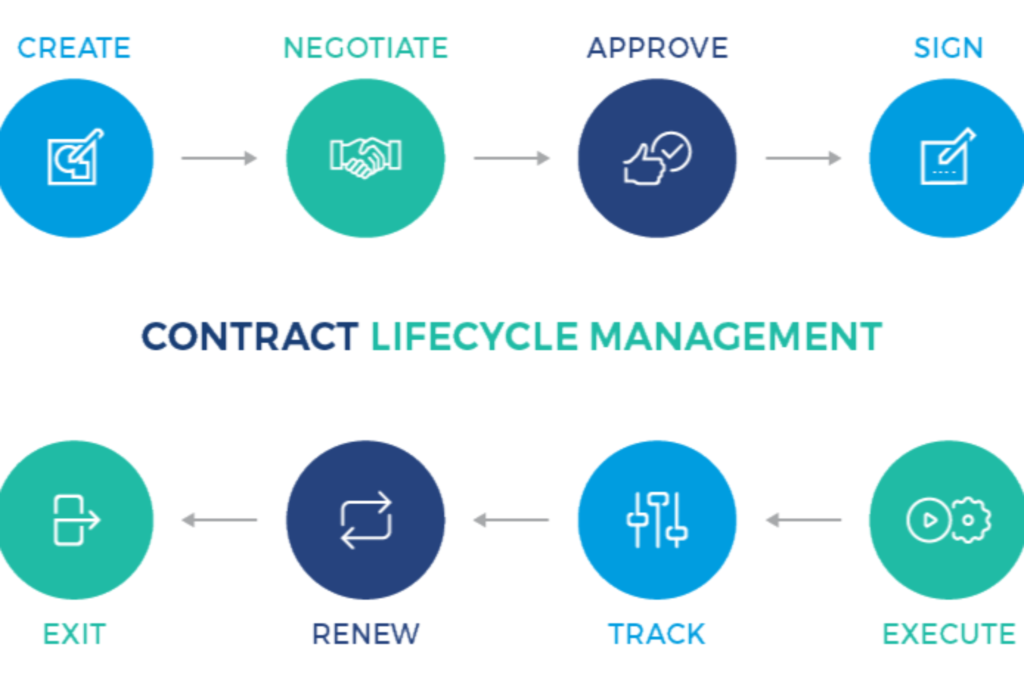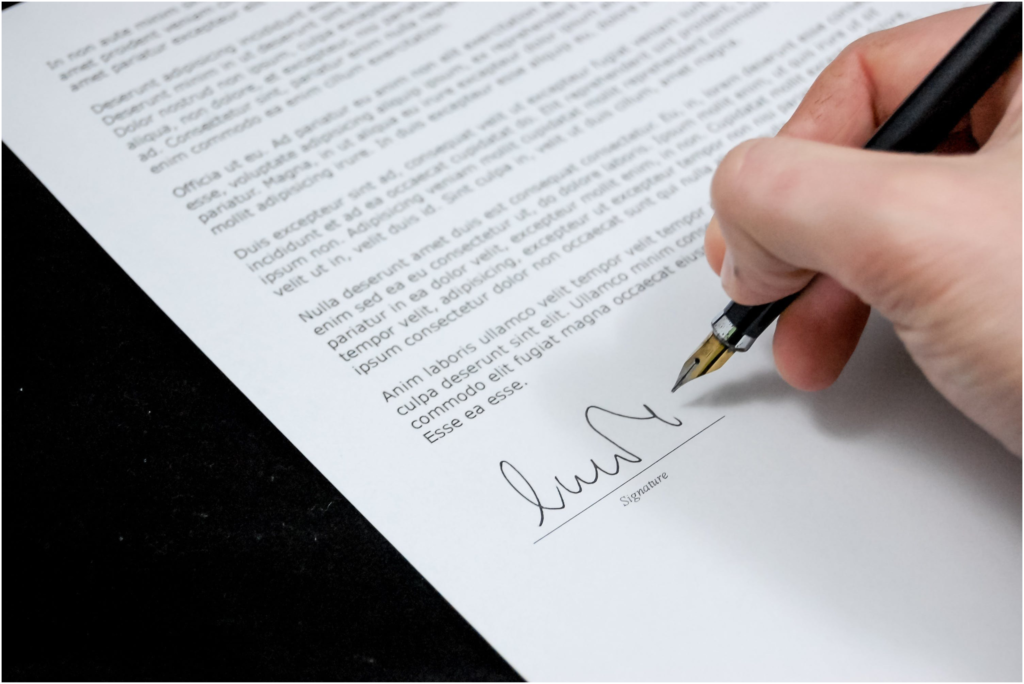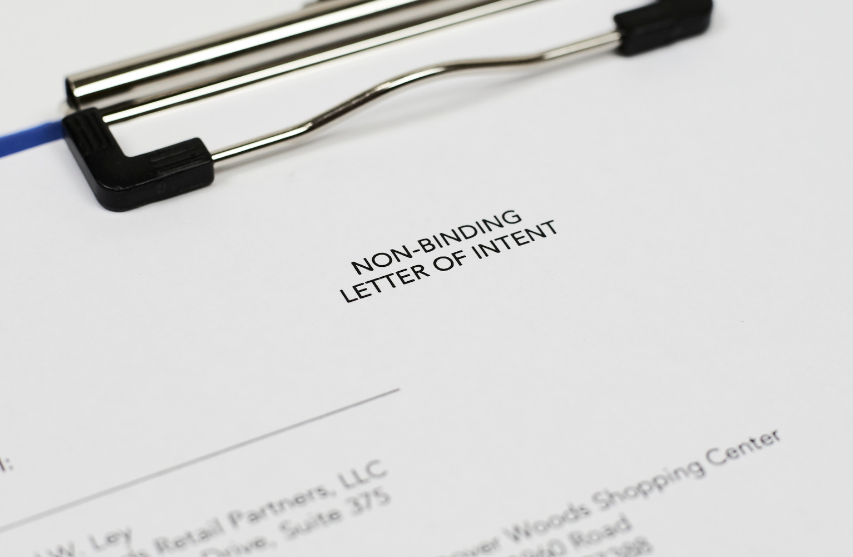5 Pro Tips for Effectively Negotiating a Limitation of Liability Clause for In-House Counsel

It’s common knowledge that most in-house counsel don’t receive a lot of training on negotiating limitation of liability (“LoL”) clauses. Despite this fact, the LoL is the most heavily negotiated and redlined clause in the entire commercial contract.
So, it goes without saying that it pays to know what you’re doing when it comes to this anxiety-inducing aspect of the job.
Here are 5 tips from legal pros that will help you elevate your game, minimize company risk, and get the results you need when negotiating your limitation of liability clauses.
#1 Do your homework on the product and company.
Approaching it from a purely legal standpoint is too limited view. You must understand the commercial terms and context of the purchase or sale to know how to properly analyze the LoL. This will help you identify and stay focused on the key points of negotiation.
What’s being purchased, and who are the contractual parties? If your company is the buyer, how will it be used and who will utilize it? Is there PII involved? What will the potential impact be if the product or service fails for any given period of time?
Don’t negotiate in silo. Before picking apart the clause, stand outside the deal and ask yourself these and other pertinent questions.
#2 Assess the suitability of the contract.
If the contract template being used is not suitable for the deal, then both parties will spend more time redlining and negotiating.
It’s important to first assess: what is the deal, and which side has the better template tailored to that deal?
If you’ve got the more on-target template, reach out and communicate your thoughts. Instead of using the time-worn “it’s company policy” to get the other party to adopt, tell them it will help speed up the transaction.
Time is money and everyone can understand that language.
#3 Negotiate early in the process if you can.
The best time to negotiate is before you implement and sign up with the product the first time. Once their service or product is embedded as a part of your workflow, you’re less likely to pull the plug on it, and that decreases your leverage.
Keep your procurement teams abreast of the key risks in your commercial transactions as they start to develop relationships with vendors. They can start looking out for them in the vendor selection process.
#4 Prepare yourself for the negotiating call.
Once the redlining process has begun, the negotiating call will follow soon after.
Be prepared by making sure the right people from your company are on the call. To stay focused and have controlled progress throughout the negotiations, identify who the lead will be beforehand. And to save time, update redlines in real-time.
Preparation will make the negotiations more productive and help you achieve the desired outcome.
#5 Focus on what you can win.
When you’re the smaller player negotiating against a bigger player, you won’t usually hold much leverage.
But there will still be things you can negotiate, such as asking for a limit on the increase of fees year after year. Or perhaps building in intra-contractual remedies that will minimize your risk and give you an easier out.
Don’t assume you have no leverage at all when negotiating with a large, well-established company. There are wins to be had if you analyze thoughtfully and do your homework.
In Summary:
Negotiating the limitation of liability clause in commercial contracts is such a crucial part of the in-house counsel repertoire.
To gain additional skills and insight into this vital aspect of your job, sign up for In-House Connect and visit In-House Connect On-Demand for more great content on contracts and limitation of liability.





